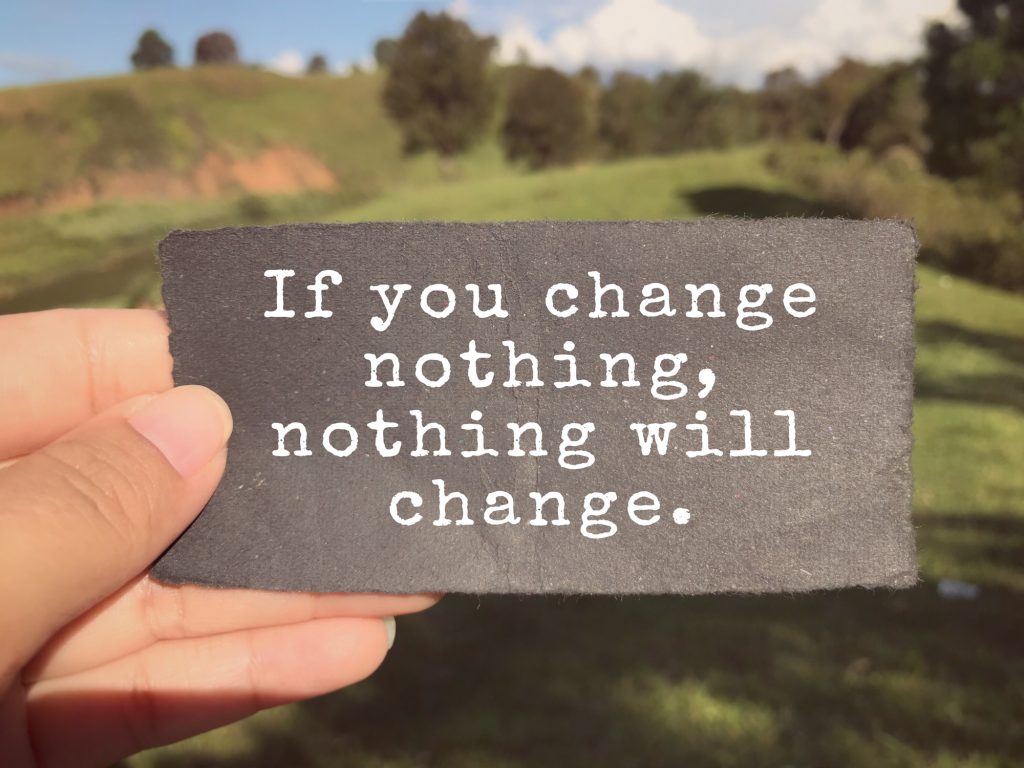EDITOR’S LETTER: CONSULTANTS AND RETAILERS EXPLORE REINVENTION


A few well-respected industry consultants (Steve Pruitt, Jake Fell, DLS founders Fred, Lee, and Virginia) and dozens of the best specialty stores in the country gathered last week on Zoom to brainstorm.
Steve Pruitt (whose clients include about 80 top retailers) spoke about the need to adjust fall ’20 orders down by about half; by year-end, planned decreases should improve to about 20 percent declines. He warned that tailored clothing vendors, in particular, might need to carry over fall ‘20 inventory to fall ‘21. “The general rule is to put all purchases on hold and reduce on-orders. But before you cancel fall goods, talk to your vendors; much of fall ’20 (about 25 percent) won’t even be produced.”
Pruitt suggested that retailers talk to their vendors about discounts and terms and “if they won’t work with you, drop them. It’s critical that you stay in regular contact with your vendors. Even if you owe them money: discuss, don’t hide. By the same token, stay in contact with your customers: not to sell but to simply see how they’re doing.”
Importantly, Pruitt pointed out that with all the talk about e-commerce taking over, online sales nationwide are down 65 percent so it’s a more a lack of demand than a preference for e-commerce.
Fred Derring was adamant about stores not opening with sale goods, insisting that promoting well-curated assortments, shopping local, and exceptional service is the way to go.
The group spent much time discussing new ways to do business, including studio selling (setting up a studio within the store with a camera, mic, video; this can allegedly be done for under $1,000) and inviting customers to a “shopping lunch” (deliver lunch, wine and/or flowers to the client and hope his buy exceeds your investment in food, wine, and flowers…)
Jake Fell, who’s launched e-commerce sites for a dozen stores since the pandemic, points out the need for good photography. Rick and Jim Penn at Puritan Cape Cod noted that they’re doing decent business online using vendor photography exclusively. Rick also stated that although their stores are slotted to open on May 18th, “business starts when customers feel safe.” Jim added that flexibility in planning is key and that “their 12-month plan has been revised five times.”
Trevor Furbay in Cincinnati has created a healthy gift box business based on the Stitch Fix model of delivering customized assortments and picking up returns. Michael Duru is also doing curated Style Boxes; on $2,000 worth of goods, the average “keep” has been $800. Duru’s other secrets to doing business while stores are closed: promote your tailor shop and make masks. “Doing outside tailoring brings foot traffic and making masks save lives.” (Of course, Duru’s masks feature his store logo; customers are encouraged to post selfies on social media…)
Other good ideas: video chats on social media, digital magazines, personalized newsletters (fashion and food are key, recipes welcome!), extending store hours so people can shop privately, promoting store safety measures upon reopening (air purification systems, hand sanitizers, give-away masks), and facetime closet makeovers followed by trade-in’s (gently-worn stuff goes to charity; donator gets a percent off new fashion when store reopens). A point of much debate was whether or not, for the safety of customers, sales should be final for a given period of time.
Among the best ideas at the meeting came from Ed Steinberg at JS Edwards in Baltimore: why can’t brands encourage their online customers to support their specialty store brand “partners” in the customer’s zip code (with profits for the sale split between the brand and the store)?
So my closing question to all brands with growing direct-to-consumer businesses, WHY NOT? With all the problems department stores are having of late (Nordstrom just announced 16 store closings, Lord & Taylor will liquidate all 38 doors, Macy’s to close between 125 and 200 stores, and of course Neiman’s chapter 11 filing), and with a growing national inclination to shop local, independent specialty stores are clearly taking on new importance in the retail landscape. Let’s help them stay in business!









Really great and Informative article. Great work!
It seems that it is normal to throw part of the hardship back to the supplier, but why is this taken for granted? What about heir hardships? Who are they are supposed to be pushing back at? We all need to be sharing the difficulty: too many times retailers talk about partnerships, but it is really a one way street. The suggestion to drop vendors if they don’t ( or can’t ) agree is arrogant and irresponsible. That retailer deserves its actions to be known by the industry, especially other vendors. Correct communication and mutual understanding needs to be at a greater level than what is highlighted by these attitudes, to resolve this crisis.
Hi Sabino, I agree wholeheartedly that correct communication and mutual understanding between retailers and brands are what’s needed to move forward in this crisis. I don’t think anyone at the Zoom meeting I reviewed believes differently and if I gave that impression, I truly apologize. The comment about dropping vendors was meant for those brands that refuse to negotiate at all, not for brands that don’t give in to retailer demands. It’s all about give-and-take, and both sides need to compromise if they hope to maintain a relationship. From what I’ve heard, negotiations are working well in 95 percent of all cases.
That said, I’m working on a feature that will focus more on the vendor perspective and what brands feel must be done to move forward. I’m hoping you’ll be part of the discussion! Many thanks Sabino, KAREN
Great read and thanks as always for the information Karen. In response to Mr. Iacovone and I can only speak for myself as a retailer, most of my discussions with vendors have been quite positive. They realize that our stores have been shut down for almost 2 months now. They’ve profited as we have off our mutual relationships for many years now. All we’re asking our vendors to do is to share in the pain, to not expect one’s normal profit margins during a world wide time of crisis. I really don’t think that is too much to ask. I’ve been through 2 other situations similar but not as dire and bottom line you learn who your “true partners” are so to speak. I would think it only prudent to do business with those who are truly invested in partnering with one’s business vs. those who may be great guys or have a great brand, but give lip service to your needs. Bottom line I’m more optimistic about the future of specialty stores than I’ve been in a while. Some real positives for vendors and stores alike can come from this pandemic. Items like delivering goods in more of a wear now cadence only make sense and now is the time to make that happen. We all just need to support one another to the best of our abilities and get through 2020.
All very good points!
*New creative ideas
*Mutual partnership actions
*Flexible new product adjustments
*Emphasis on local community connections